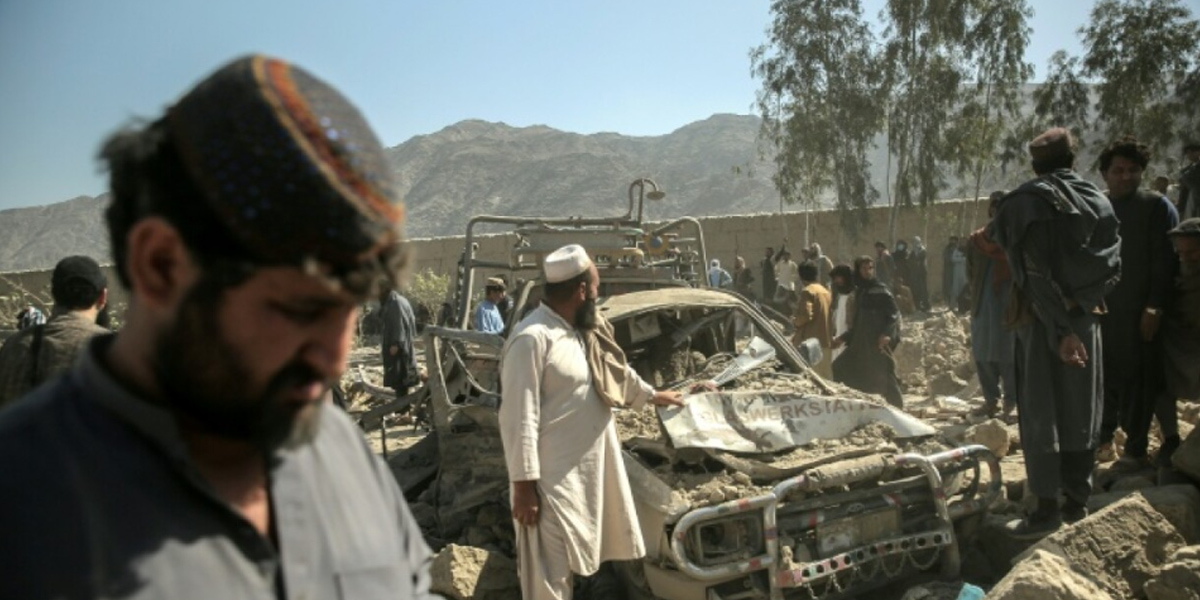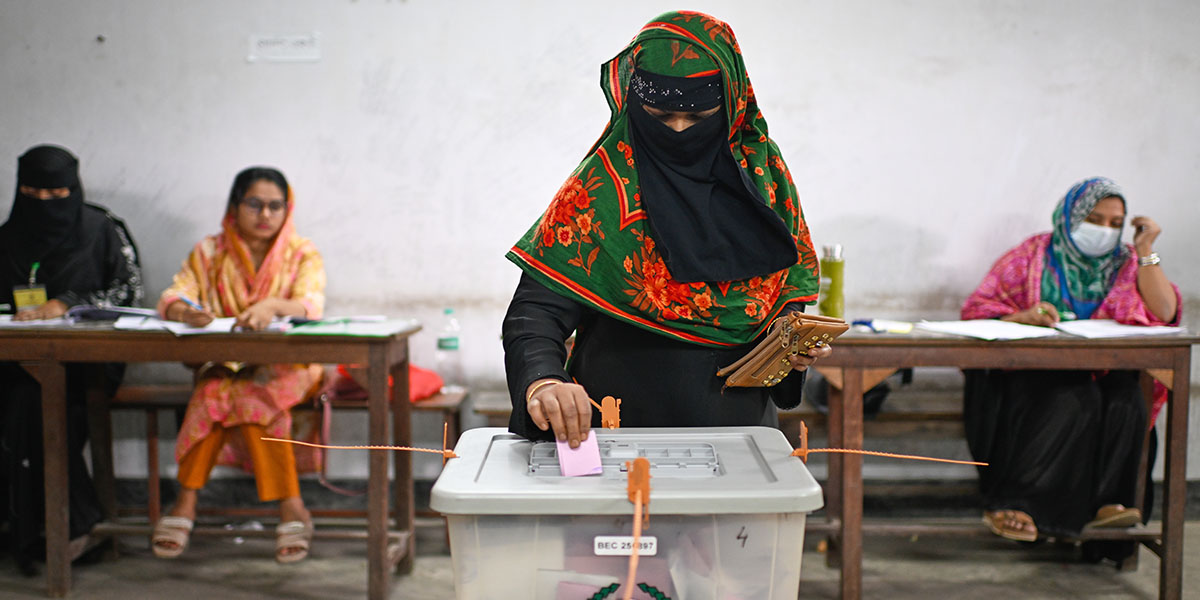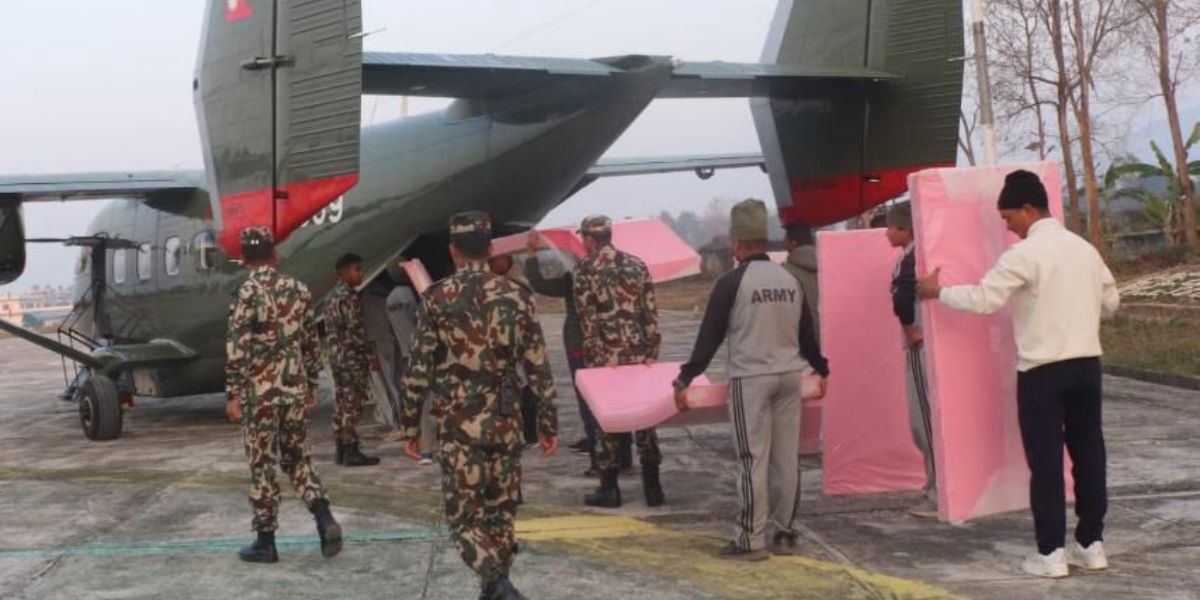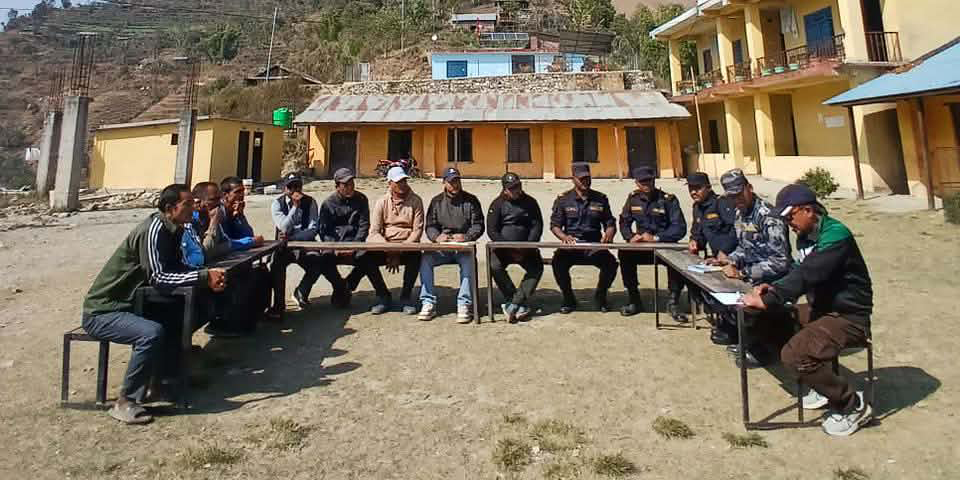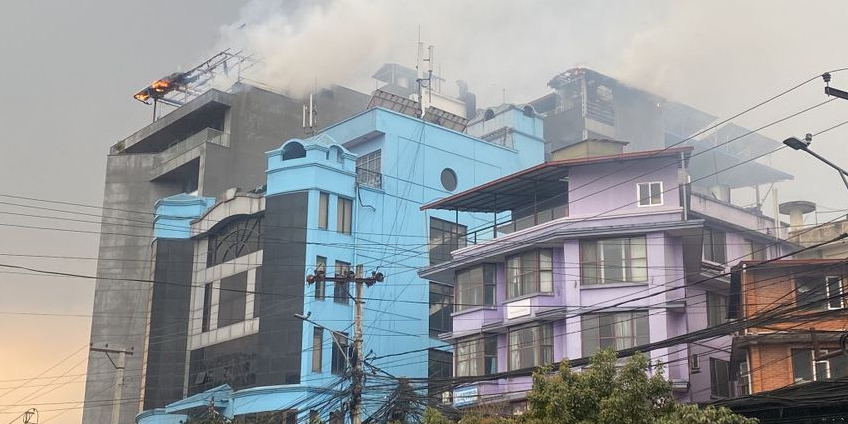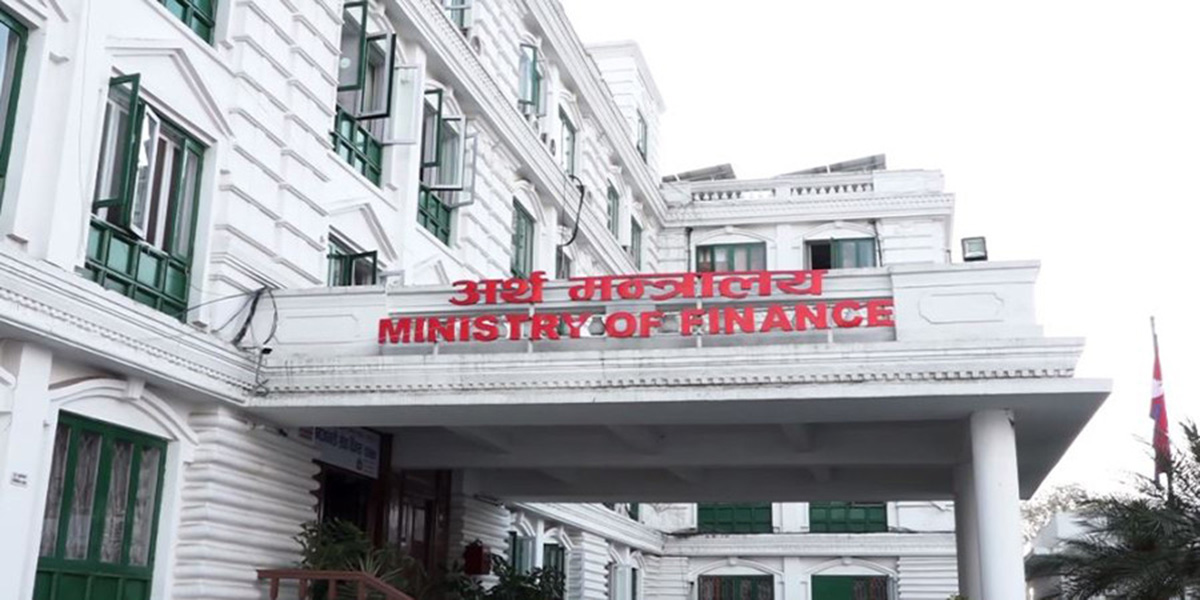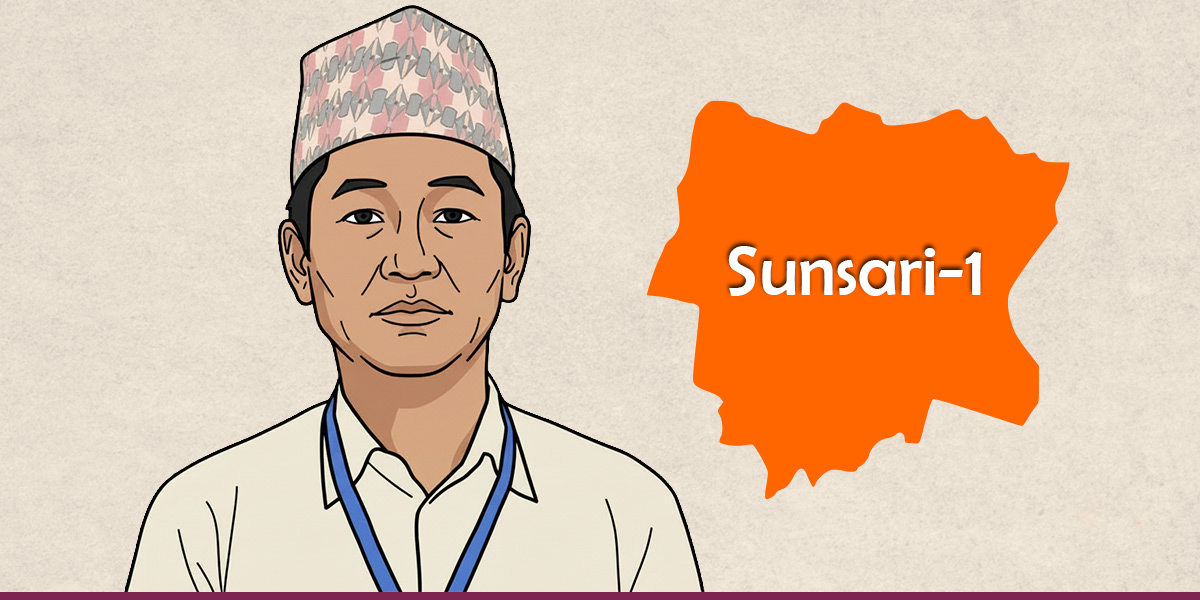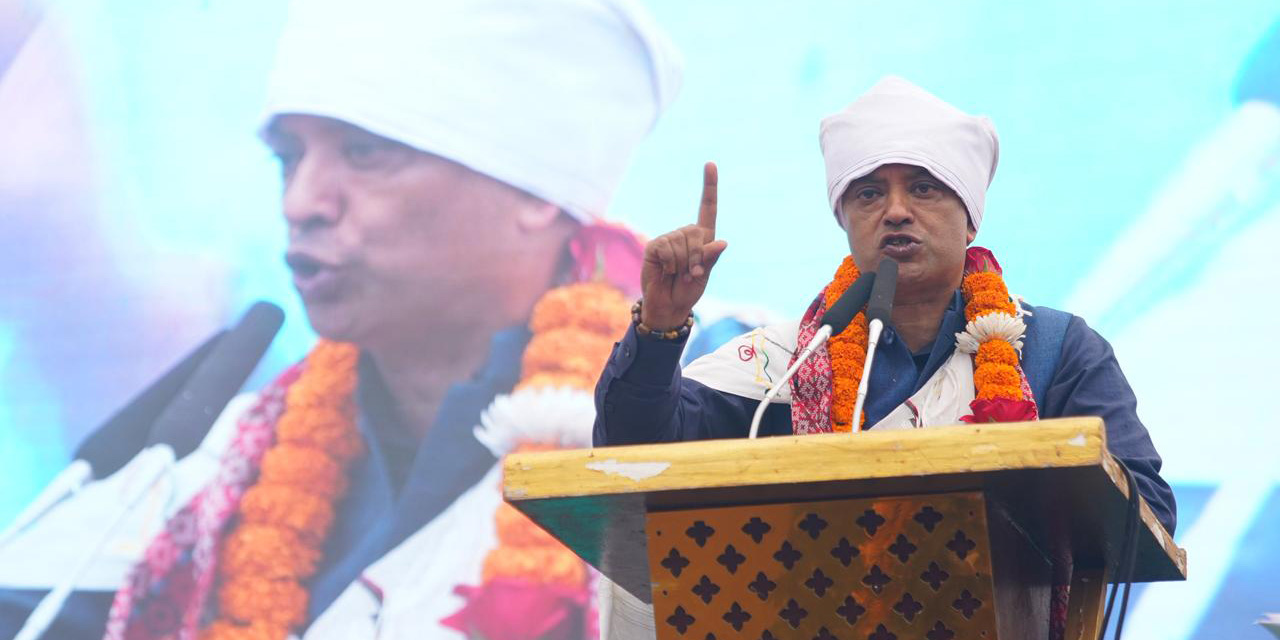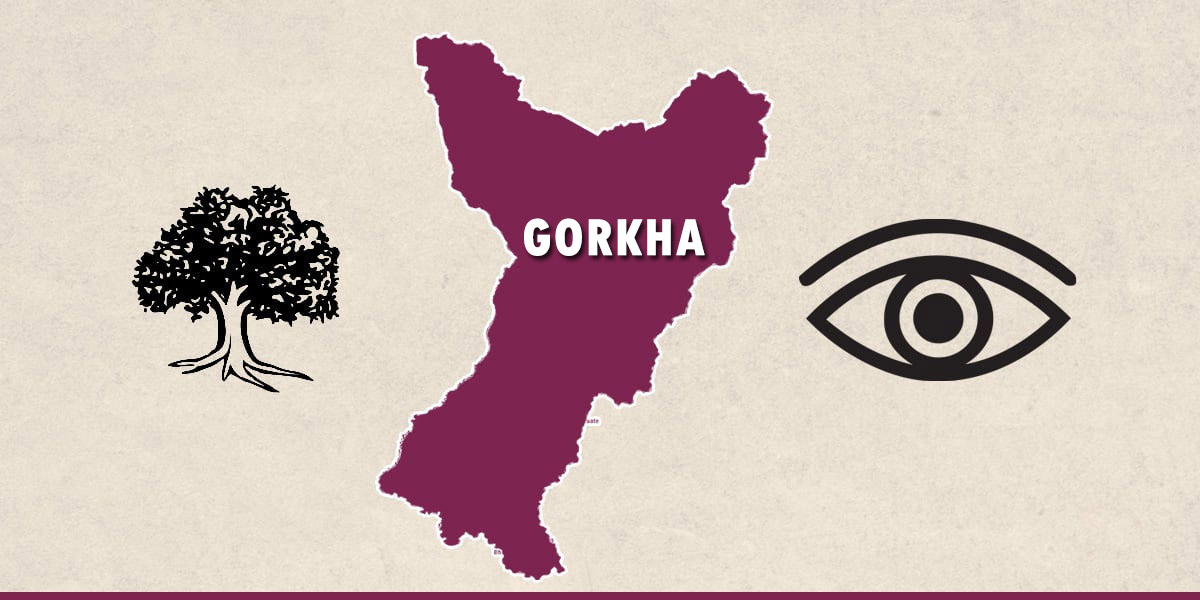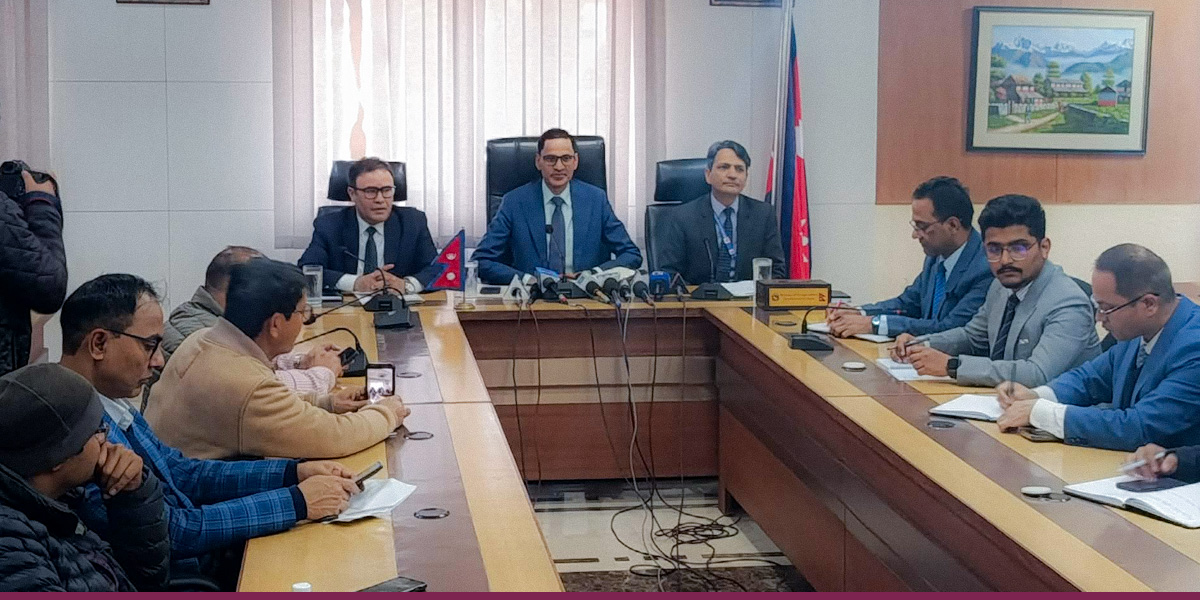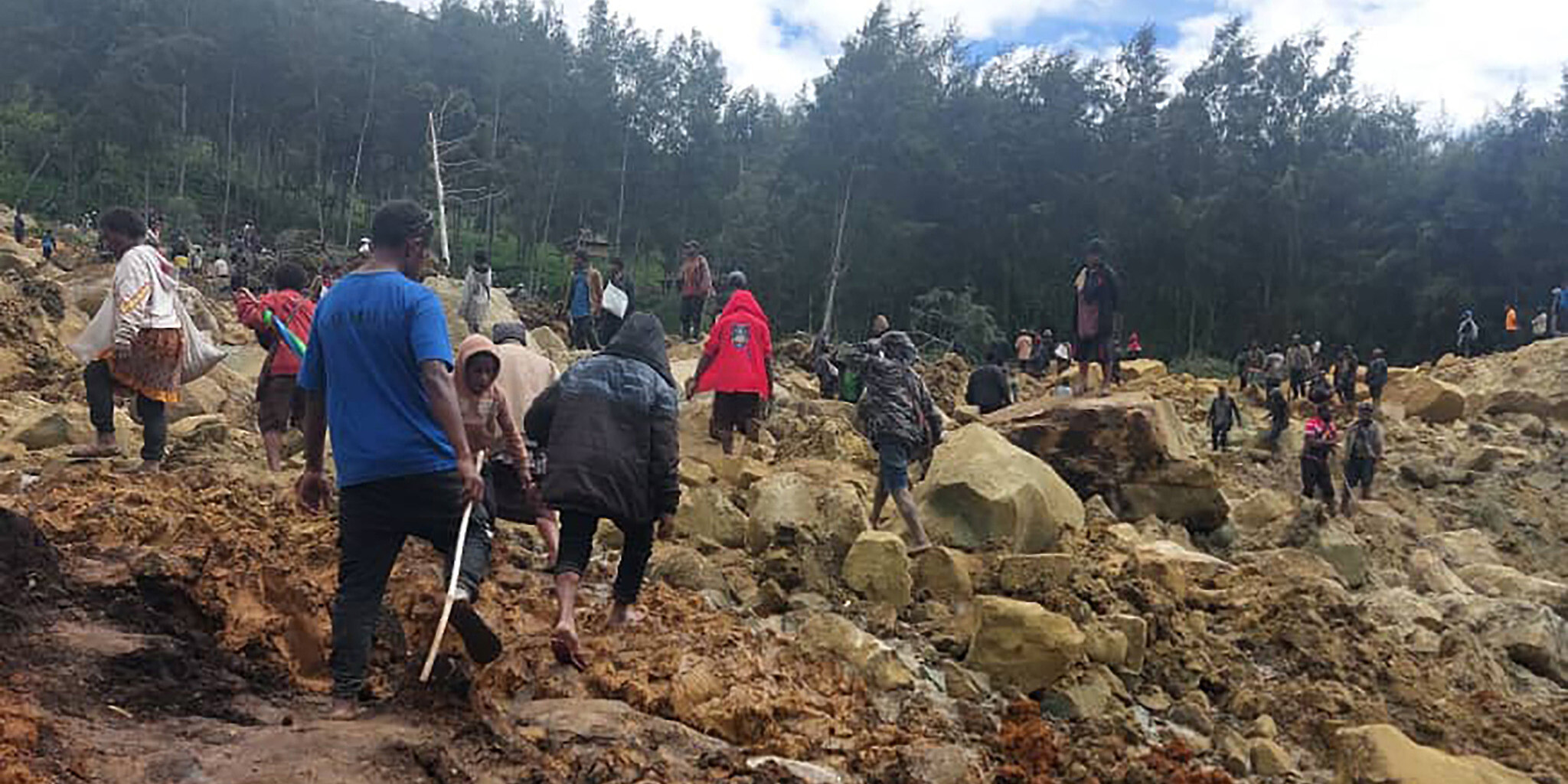 Photo: AP/RSS
Photo: AP/RSS
MELBOURNE: Authorities fear a second landslide and a disease outbreak are looming at the scene of Papua New Guinea’s mass-casualty disaster because of water streams and bodies trapped beneath the tons of debris that swept over a village, a United Nations official said Tuesday.
A mass of boulders, earth and splintered trees devastated Yambali in the South Pacific nation’s remote highlands when a limestone mountainside sheared away Friday. The blanket of debris has become more unstable with recent rain and streams trapped between the ground and rubble, said Serhan Aktoprak, chief of the International Organization for Migration’s mission in Papua New Guinea.
The U.N. agency has officials at the scene in Enga province helping shelter 1,600 displaced people. The agency estimates 670 villagers died, while Papua New Guinea’s government has told the United Nations it thinks more than 2,000 people were buried. Five bodies had been retrieved from the rubble by Monday.
“We are hearing suggestions that another landslide can happen and maybe 8,000 people need to be evacuated,” Aktoprak told The Associated Press.
Villagers search through a landslide in Yambali, in the Highlands of Papua New Guinea, on Sunday, May 26, 2024. The International Organization for Migration feared Sunday the death toll from a massive landslide is much worse than what authorities initially estimated.
“This is a major concern. The movement of the land, the debris, is causing a serious risk, and overall the total number of people that may be affected might be 6,000 or more,” he said. That includes villagers whose source of clean drinking water has been buried and subsistence farmers who lost their vegetable gardens.
“If this debris mass is not stopped, if it continues moving, it can gain speed and further wipe out other communities and villages further down” the mountain, Aktoprak said.
Scenes of villagers digging with their bare hands through muddy debris in search of their relatives’ remains were also concerning.
“My biggest fear at the moment is corpses are decaying, … water is flowing and this is going to poise serious health risks in relation to contagious diseases,” Aktoprak said.
Aktoprak’s agency was raising those concerns at a disaster management virtual meeting of national and international responders Tuesday.



